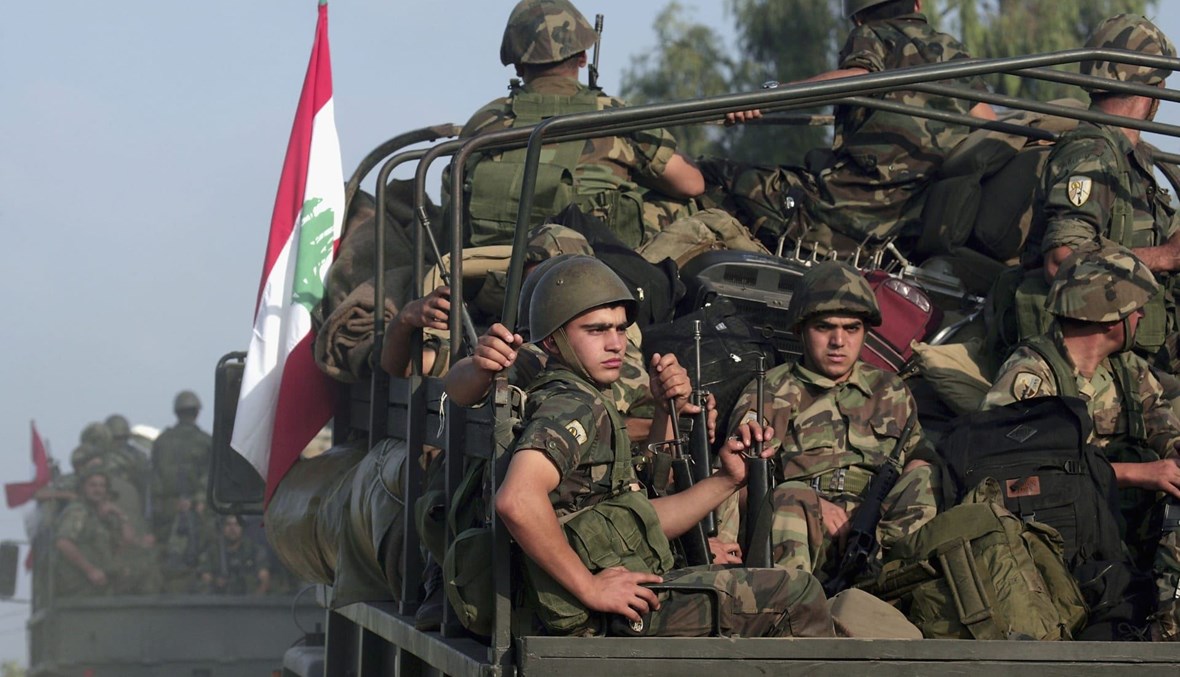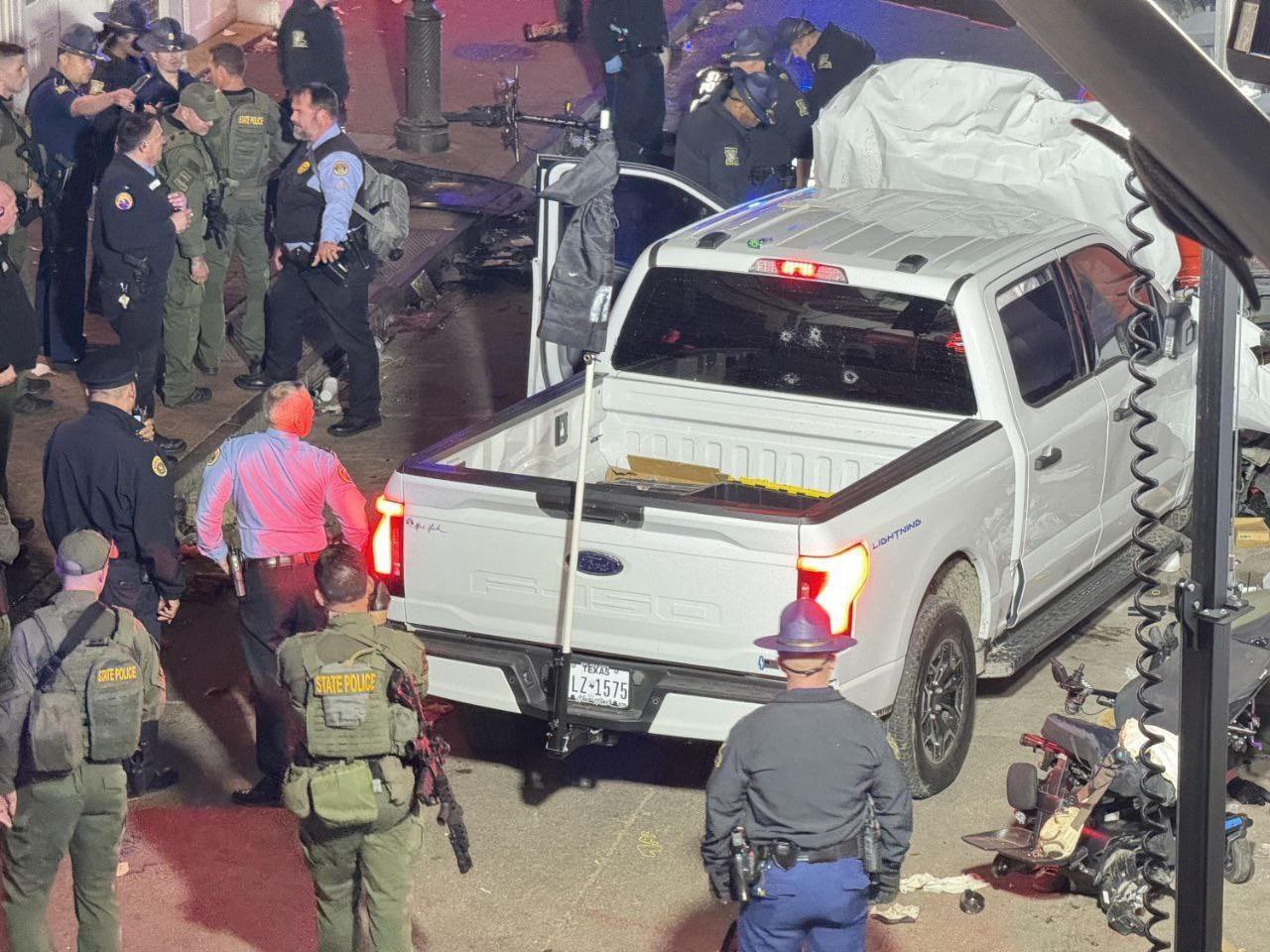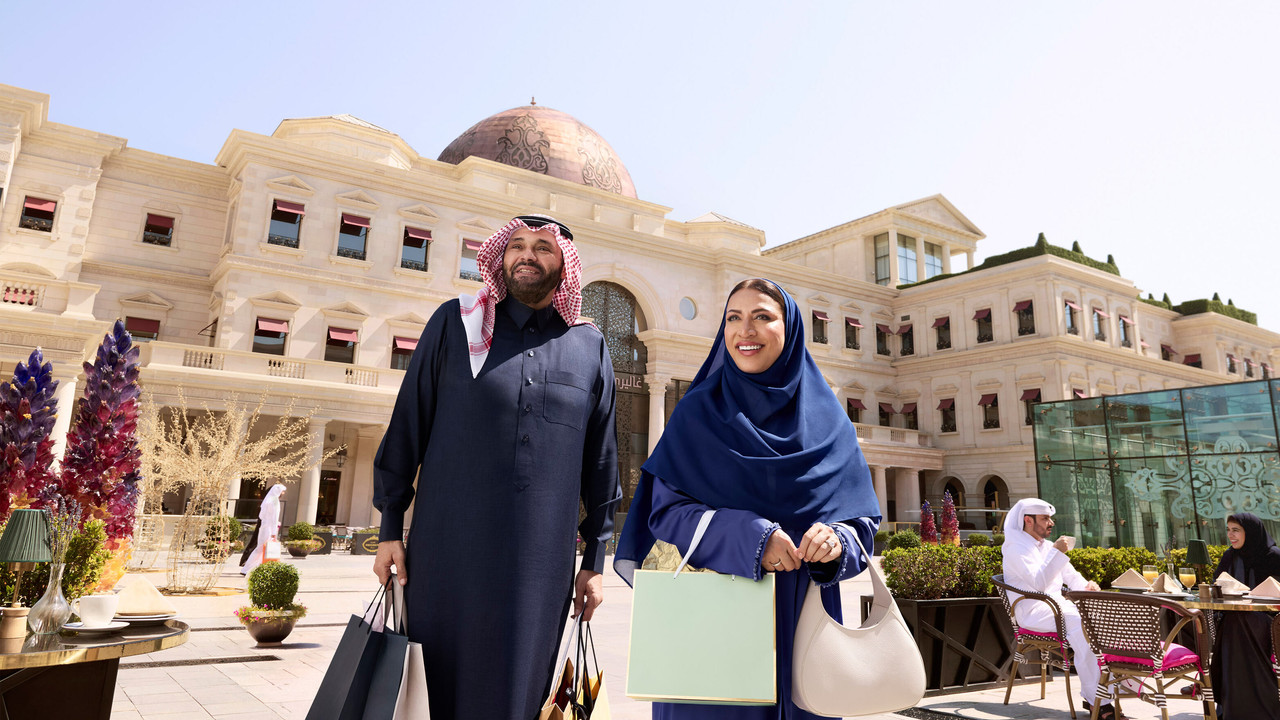Qatar has been providing assistance to the Lebanese army in recent years, particularly during the country’s severe economic crisis.
Qatar has provided the Lebanese army with a $20m donation, as the cash-strapped country witnesses rising escalations in the south between Hezbollah and Israel.
In a statement on Monday, the Lebanese army confirmed it received the new donation, which it said came from Qatar’s Amir Sheikh Tamim bin Hamad Al Thani. This donation adds to Qatar’s previous pledge of $60m in 2022 to support the Lebanese military.
“The Army Command received a new batch of the Qatari financial donation amounting to $20m, presented by His Highness Sheikh Tamim bin Hamad Al Thani, the Amir of the State of Qatar[…]as part of the continued support for the military institution in light of the current challenges,” the statement said.
On the same day, a meeting between the Lebanese Caretaker Prime Minister Najib Mikati and Qatar’s Ambassador to Lebanon Sheikh Saud bin Abdulrahman Al Thani took place in Beirut.
A statement by Qatar’s foreign ministry said the meeting discussed bilateral relations.
“The Prime Minister of the Lebanese Caretaker Government expressed his country’s thanks to the State of Qatar for supporting state institutions, especially the Lebanese army,” the statement said.
Qatar has been providing assistance to the Lebanese army in recent years, particularly during the country’s severe economic crisis.
The Lebanese currency has lost more than 95 percent of its value to the U.S. dollar since 2019, and the country is still reeling from the impact of the 2020 Beirut Port explosion.
The country has since failed to elect a president at least 12 times amid a deep political divide, one of the remnants of the 1975 Lebanese civil war.
In May, Qatar’s Prime Minister and Minister of Foreign Affairs Sheikh Mohammed bin Abdulrahman Al Thani reiterated his country’s support for Lebanon’s military during a meeting with Lebanese Army Commander General Joseph Aoun in Doha.
The meeting came three months after the Qatar Fund For Development delivered the sixth and final batch of diesel and mazut to Lebanon under a $30m agreement signed between Doha and Beirut last year.
In 2021, Qatar announced a year-long initiative to provide the army with 70 tonnes of food aid on a monthly basis.
The Gulf state also stepped in to support other sectors in Lebanon, especially after the 2020 Beirut Port explosion.
At the time, Qatar’s amir dispatched personnel from the Qatari Search and Rescue Team of the Lekhwiya, or Internal Security Force, to help with emergency rescue operations. Sheikh Tamim also donated $50m to help rebuild the capital, with damages estimated to be worth at least $15bn.
France and the United States are among the other countries supporting Lebanon’s military.
Lebanon’s southern border tensions
Support for Lebanon’s military has become more crucial as the southern party of the country witnesses escalations between Israel and Hezbollah, triggered by the former’s genocidal war on Gaza on October 7.
According to Lebanon’s health ministry, Israel has killed at least 432 people in southern Lebanon as of June 19.
Data by the UN’s International Organization for Migration (IOM) says the cross-border attacks have displaced at least 96,829 people in southern Lebanon.
On June 19, the Israeli army announced that it approved “operational plans for an offensive in Lebanon”. This decision came shortly after Hezbollah released drone footage a day earlier, showcasing military zones and a weapons manufacturing complex in the port city of Haifa.
Responding to the video, Israel’s Foreign Minister Israel Katz pledged to take action against Hezbollah.
“We are very close to the moment of the decision to change the rules against Hezbollah and Lebanon,” he said in a post on X at the time. “In an all-out war, Hezbollah will be destroyed and Lebanon will be severely hit.
In 2006, Israel waged a 34-day war on Lebanon, killing 1,200 mostly Lebanese civilians. The war ended with Hezbollah forcing Israeli soldiers out after weeks of intense attacks. Qatar had led reconstruction efforts following the war in Lebanon.







